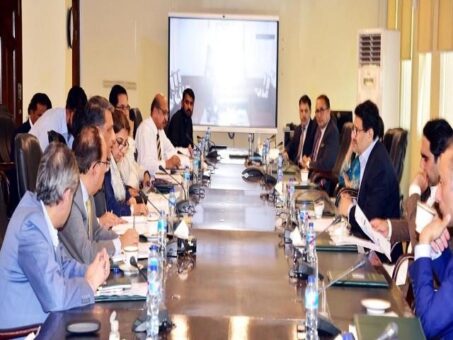KARACHI: The inflow of foreign investment into Pakistan fell by over 57 per cent during first 10 months (July – April) 2021/2022 owing to political uncertainty and change of government during the period, according to State Bank of Pakistan (SBP).
The total inflow of foreign investment during the period fell to $1.57 billion as compared with $3.66 billion in the corresponding period of the last fiscal year, according to data released by the SBP on May 19, 2022.
READ MORE: Foreign investment into Pakistan surges by 131%
Experts believed the political uncertainty in the country and lesser offering of international bonds during the period resulted in massive fall of total foreign investment.
The inflows in debt securities under the head of foreign public investment recorded 81 per cent decline to $473 million during first ten months of the current fiscal year as compared with $2.46 billion in the corresponding period of the last fiscal year.
READ MORE: Foreign investment surges by 176% during July – January
The other component of inflows under foreign private investment fell by 8.6 per cent to $1.096 billion during first 10 months of the current fiscal year as compared with $1.20 billion in the corresponding months of the last fiscal year.
READ MORE: Pakistan’s foreign investment surges by 73% in 5 months
The foreign direct investment eased to $1.46 billion during July – April 2021/2022 as compared with $1.48 billion in the same period of the last fiscal year.
The portfolio investment recorded a decline of 28.3 per cent during the period. The portfolio investment under equity securities witnessed an outflow of $359 million during the first ten months of the current fiscal year as compared with $280 million in the corresponding period of the last fiscal year.
READ MORE: Carrefour enhances Pakistan investment to Rs10.5 billion



